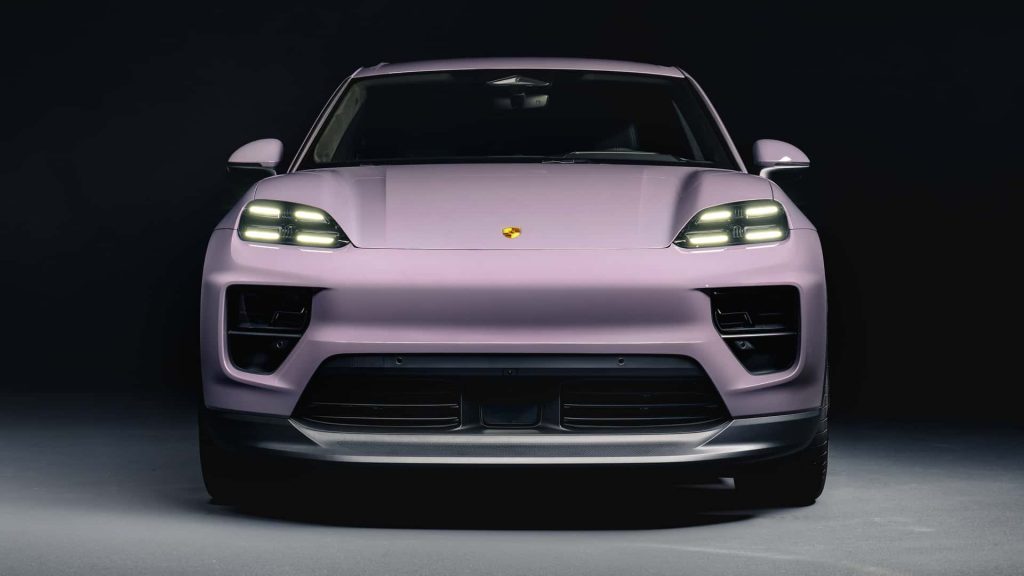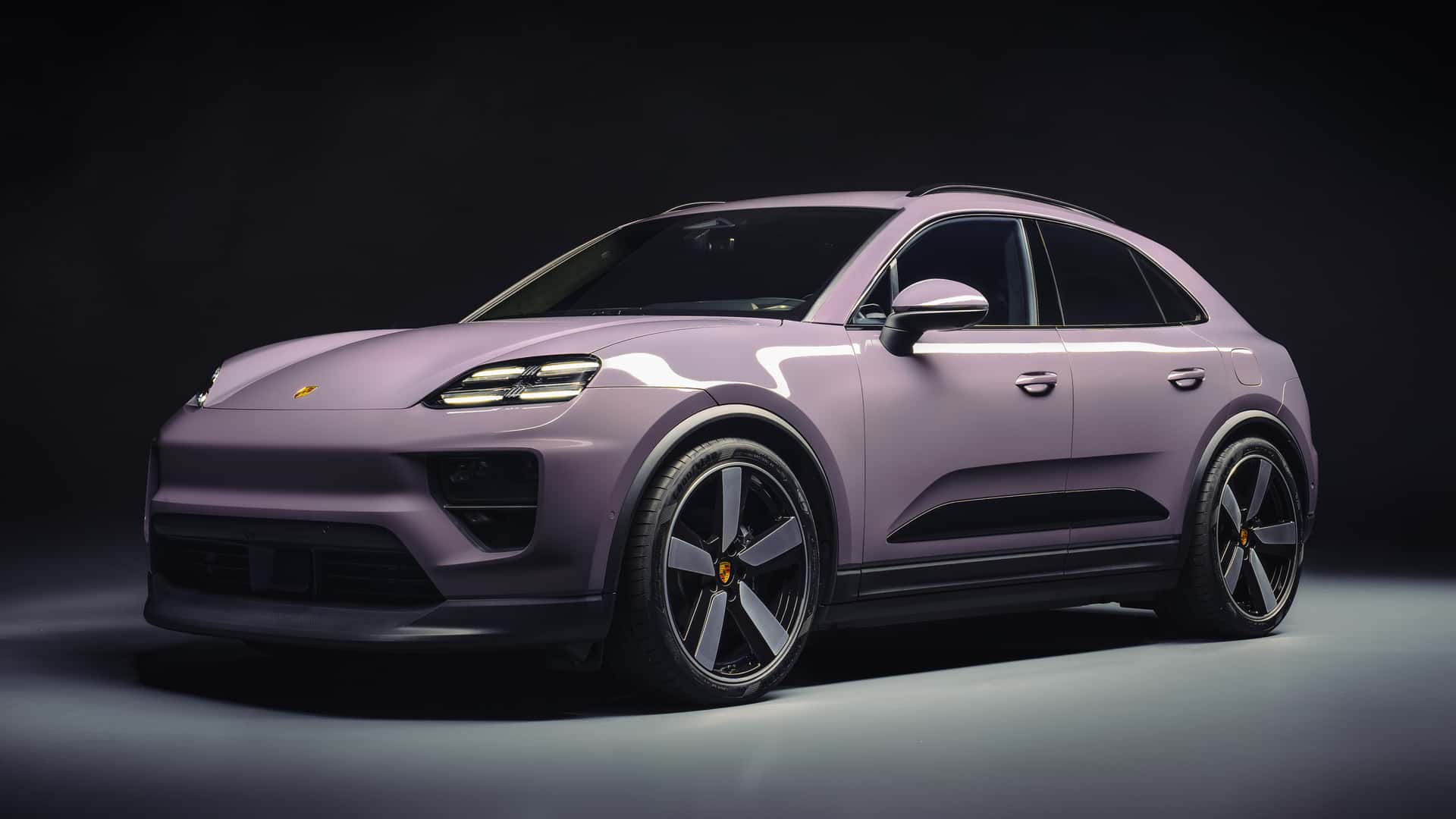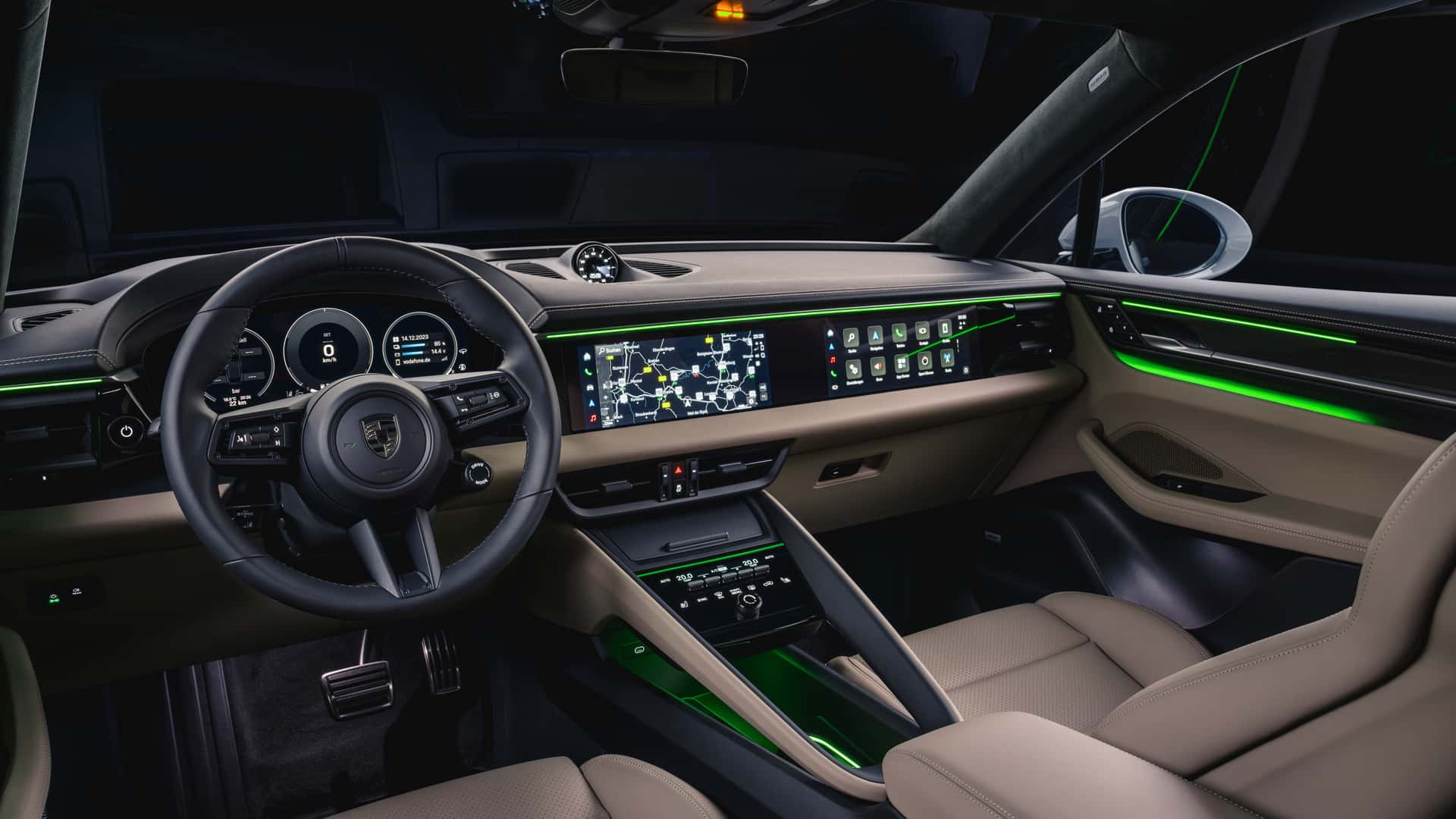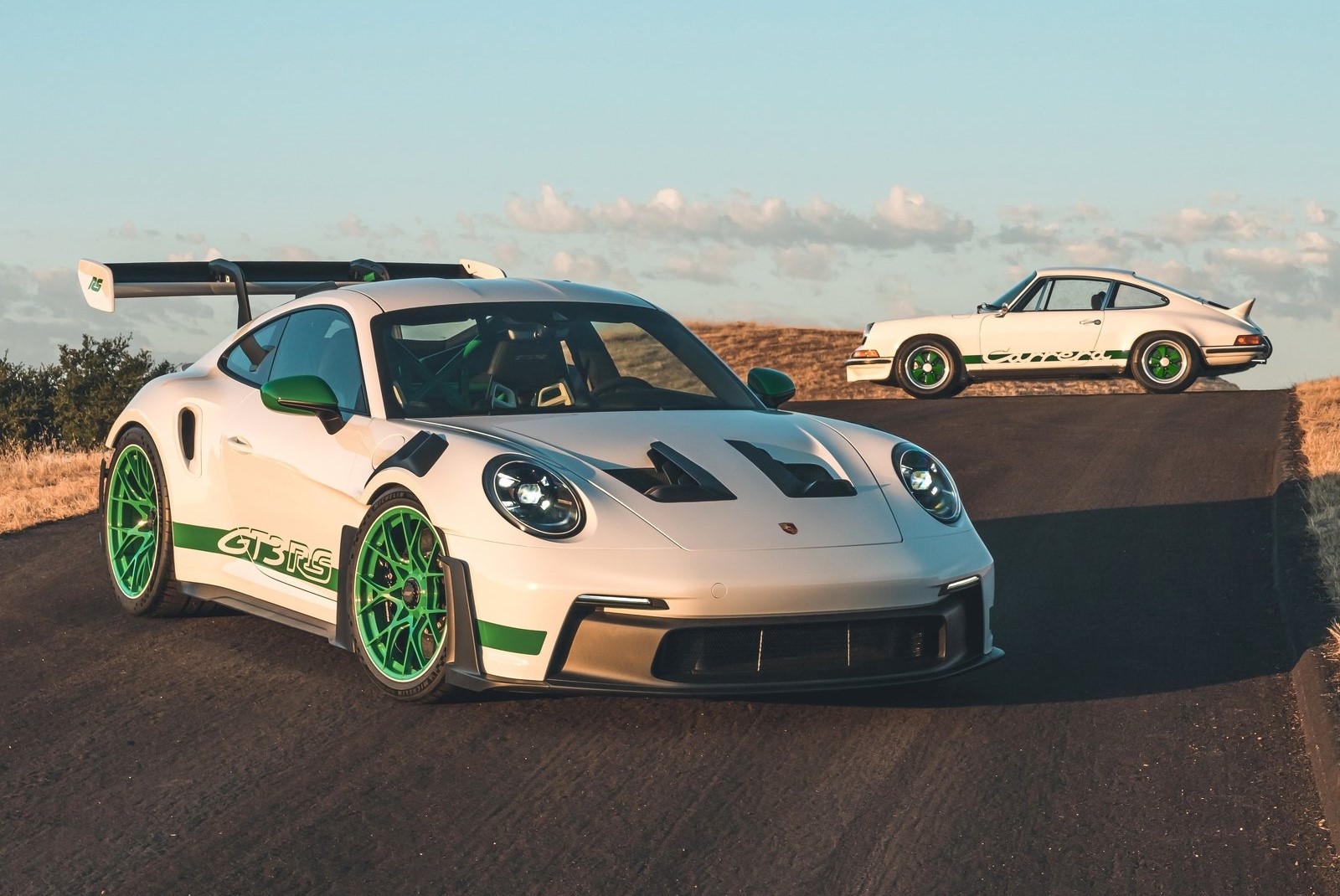CES has always been a place for spectacle, but CES 2026 feels more grounded. The gaming hardware on display is less about visual shock…
Porsche powers ahead with EV-only Macan

Porsche SUVs. They’re respected but not adored. For followers of the world’s most iconic German car brand, SUVs are tolerated. A brand sacrifice to enable the true sportscars, like 718 and 911, to endure.
The new Macan EV promises to be a transformational car for Porsche. It arrives at a time when the Taycan is fading in popularity, after tremendous initial demand, and suffering from particularly severe depreciation – which is not a Porsche ownership feature.
So, what does Macan EV mean for Porsche and its near future product matrix? To understand what its role is, some historical context is required. Not about Macan, but rather Porsche SUVs, in general.

SUVs are Porsche profit ponies
Porsche followers were dismayed when the original Cayenne was revealed in the late 1990s. How could the hallowed brand, the custodian of all things 911, with an esteemed Le Mans racing record, create a platform-shared VW SUV? But the point with Cayenne, and all other Porsche products with more than two passenger entry doors, is not about driving experience or core Porsche values. It’s about revenue and cross-subsidization.
Despite building arguably the world’s most durable sportscars, Porsche barely avoided bankruptcy in the early 1990s. Today, with most of Porsche’s sales being SUVs or some configuration, the brand can field a more diverse and extreme portfolio of 911s, than ever before.
The reason is that those economies of scale and profits from the generic Cayennes and Macans, which share their platform and nearly all mechanical features with Audis and VWs, effectively subsidize the uniqueness and cost of developing and sustaining such a rich diversity of 911 options.

Performance and range
But in a time of electrification, how does Porsche use EVs to make better 911s? It’s with the Macan EV. It’s a vehicle that doesn’t look too dramatic but has a signature presence. Consolidating Porsche’s Macan powertrains to only EV options is a brave strategy, but one with purpose.
The Macan 4 and Macan Turbo feature 95kWh battery packs, capable of interacting with 800-volt charging. Porsche engineers know that recharging speeds are nearly more important than actual performance driving statistics, and that’s why these new EV SUVs can recharge from 10- to 80%, in only 21 minutes, if you have access to the most potent charging terminals.
With 591- and 613km of range, the Macan EV models offer driving endurance that is arguably the same, if not even better, than a conventional V6 or V8-powered Porsche SUV would. And with the Turbo version spinning 470kW and 1130Nm, performance is at the top echelon, with a benchmark 0-100km/h sprint in only 3.1 seconds.

Keeping the 911 alive
Ultimately, the new Macan range is to Porsche’s immediate future, what Cayenne was to its resurgence in the late 1990s. SUVs designed to exact market demands, not to be true Porsche driver’s cars, but to fulfil the expectation of a German luxury SUV, with an indecent turn of speed. And there are many more of those customers than 911 owners.
Of course, the serendipity is that Macan EVs will pay the way for 911 disciples to continue their pilgrimage to all things GT3 and GT3 RS for at least another decade.


